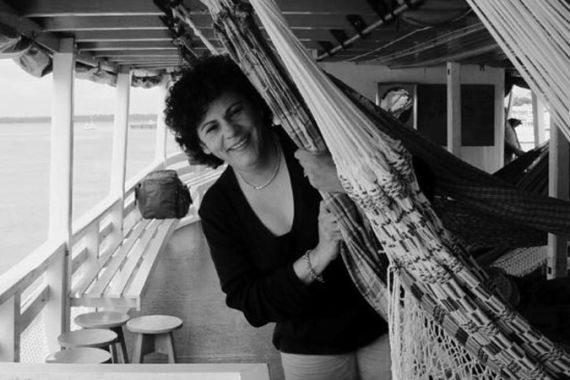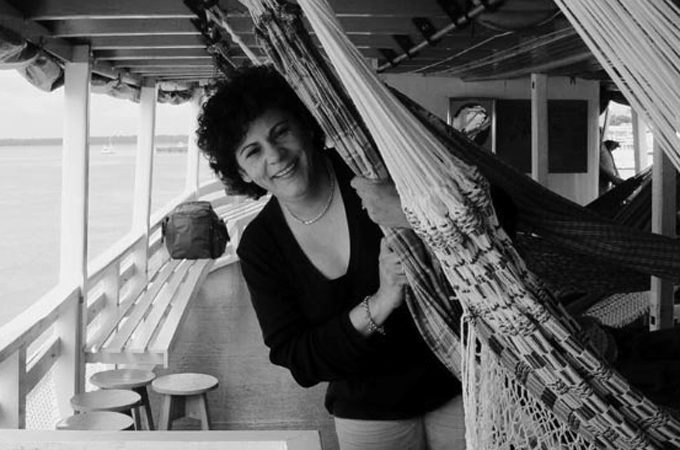
Profile: Judge Sueli Pereira Pini
Meet the judge who brings justice to the inhabitants of some of the most remote parts of the Amazon.
 |
| For 13 years, Judge Sueli Pini has been travelling to the remote villages of the Amazon Delta on a steam boat known as the ‘justice boat’, delivering justice and health care to those who are largely invisible to the Brazilian state. |
Sueli Pereira Pini is a working mother. In fact, a single mother of seven but she is also a judge of law and coordinator of a special civil court in Brazil.
Nominated in 2005 for the Nobel Peace Prize, her work provides a lifeline to communities where help is both logistically and financially beyond many people’s reach.
Her efforts help to guarantee access to justice for those who find themselves out of reach of the long arm of the country’s law and justice agencies.
The state of Amapa in the north of Brazil has the biggest forest reserve in the world. Its population of fewer than 600,000 inhabitants is spread across more than 142,000 square kilometres.
Here people face isolation and employment problems, as well as a lack of infrastructure and social services. But once a month, Judge Pini’s court makes its way to arbitrate, deliver justice and find solutions for the people who call the wild their home.
| “If the people cannot go to justice, justice will come to them.”
Judge Sueli Pereira Pini |
The road that leads to the court is the river. The Amazon River carries the steam boat as it stops in every settlement.
But, Sueli does not only work onboard the ‘justice boat’. She also works in some of the most dire districts of Macapá, where she demands infrastructural improvements from the mayor. She writes official letters, making a claim for everything she believes to be within the citizens’ rights.
She explains: “In order to pay the salary of public servants, the state takes away food from the mouths of many people. We have the obligation to do our work and to do it well.”
For her, true judicial reform must begin with the approach taken by judges.
“More important than giving a verdict is seeking a negotiation between the parties involved,” she says. “More important than analysing the paperwork of the case, is listening to the people.”
Judge Pini believes that justice must essentially be preventive and has developed the Preventive Justice at School Programme.
Sueli and her team of more than 50 people go to classrooms where they talk about the role of the judiciary, the importance of human rights and, in particular, about the efficiency of dialogue in the resolution of conflicts.